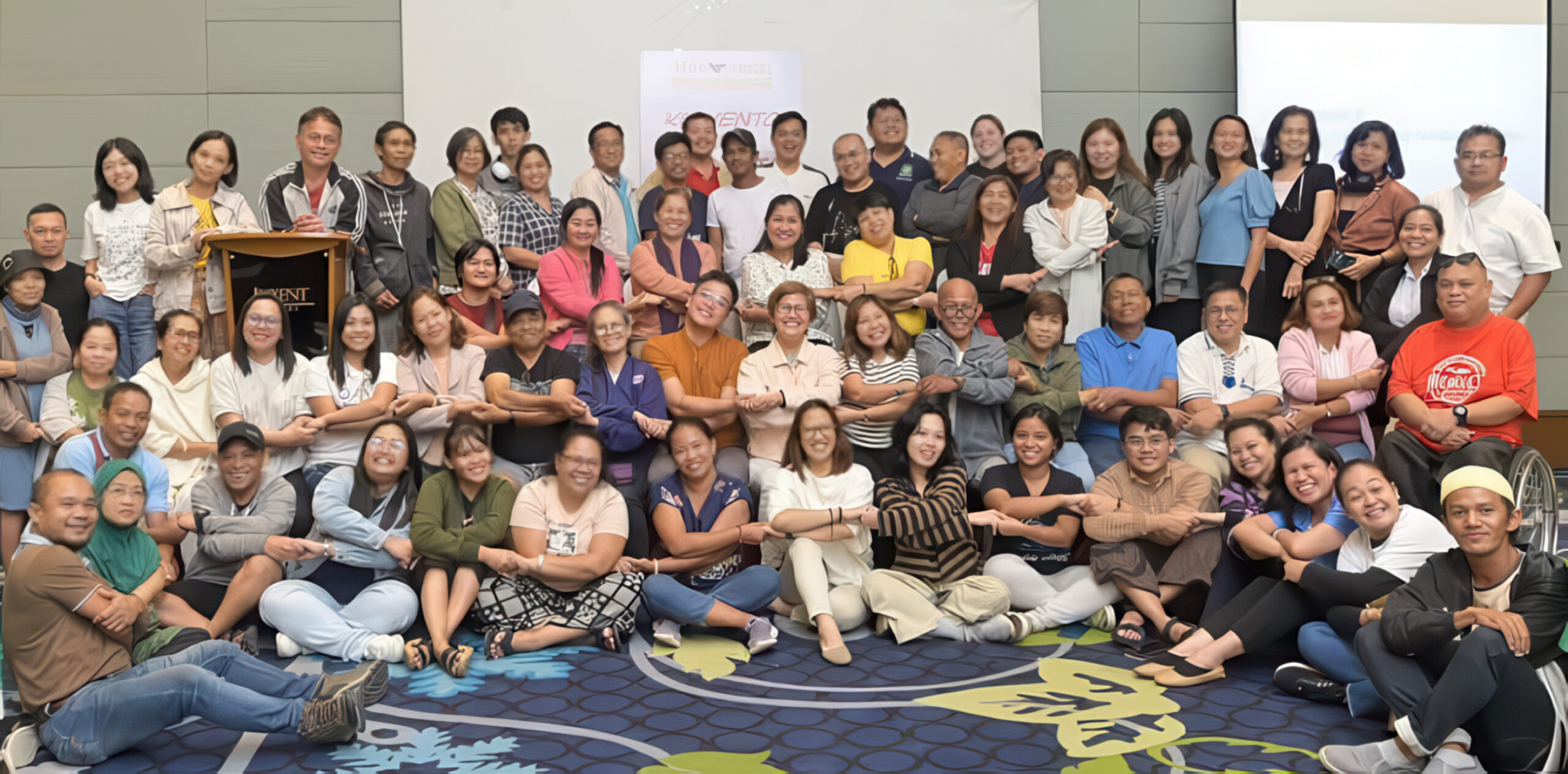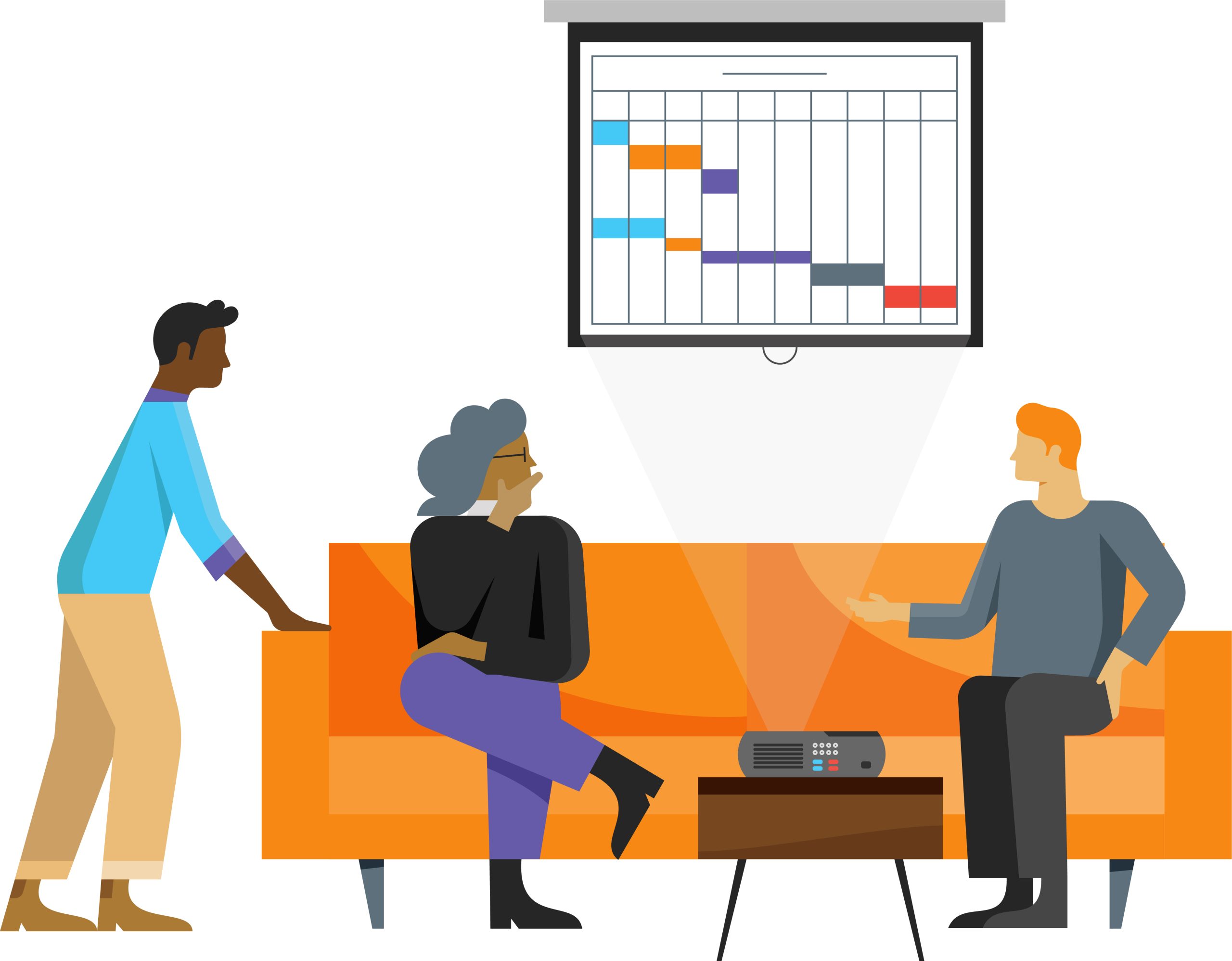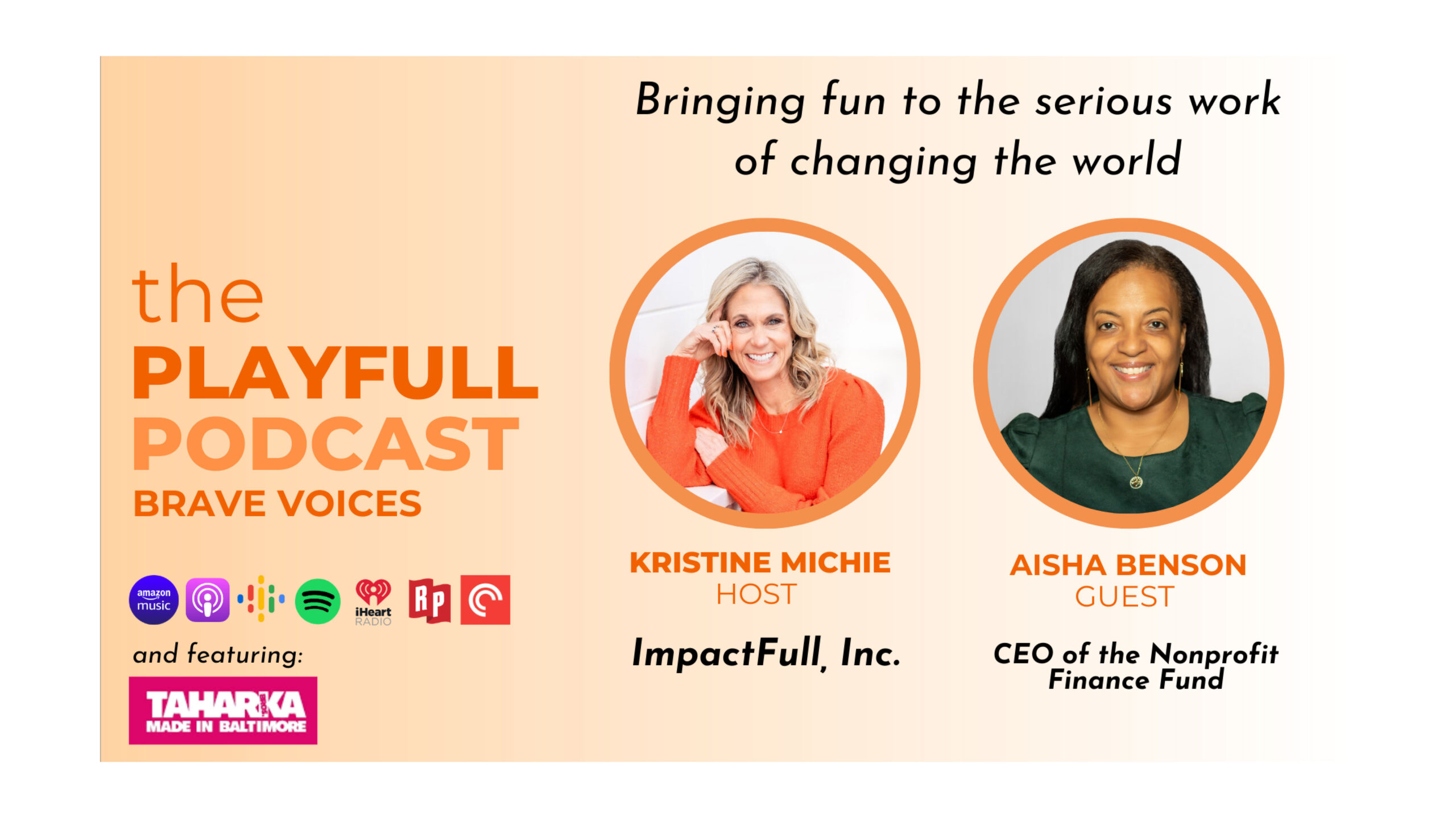- A challenging power dynamic between funders and community organizations
- Assets, Agency, and Trust: shifting power to communities
- Kwento ng Kwenta: aligning values, culture, and finances
- What we learned from Assets, Agency, and Trust
- The concept of reclaiming financial power is universal
In 2021, after years of planning, we embarked on our first-ever international project: Assets, Agency, and Trust (AAT).
While our work is based almost exclusively in the United States, we saw this collaboration as an opportunity to support community leaders in the Global South as they interrogate and challenge their relationships with the large international development agencies that fund their work. We chose to participate because we saw parallels between AAT and similar efforts to redistribute power in the nonprofit sector in the United States.
We hoped that our materials, developed for an American context, could be adapted in partnership with local leaders to be culturally relevant for Filipino communities. With these tools in hand, Filipino community organizations could claim greater power in funder relationships by advocating for what they really needed (not just what funders wanted).
This partnership taught us valuable lessons about effective partnerships and cross-cultural collaborations. It also gave us important insights that can inform our consulting work in the United States.

A challenging power dynamic between funders and community organizations
Imagine that you’re the leader of a community organization. Together with your community, you identify a common challenge, like the lack of access to education, healthcare, or economic opportunity, and create a plan to address that challenge.
You draw up plans and a budget, then pitch your plan to a funder. However, that funder rejects your plan because it doesn’t fully align with their priorities, or it asks them to fund overhead costs that they don’t want to support. As a leader, you must choose between adapting your plan to a funder who doesn’t fully understand you, your communities, or your values… or risk sacrificing funding for your plan altogether.
Sound familiar? This challenging power dynamic is frequently faced by community-centered nonprofits in the United States. In countries like the Philippines where international aid is commonplace, this dynamic is magnified. International funders of community development work are often even further removed and culturally distinct from the groups they support.
International development organizations aim to channel resources to communities in lower-income countries and counteract the devastation wrought by resource extraction and colonialism. However, the majority of the aid they send goes to federal governments and the local arms of agencies headquartered in the Global North, not to locally-led community groups. Locally-led community groups end up with few resources, little agency, and minimal control over how these resources are used.

Assets, Agency, and Trust: shifting power to communities
AAT reimagines this relationship. A partnership between 32 community groups in the Philippines, USAID Philippines, Global Giving, Center for Disaster Preparedness, Global Fund for Community Foundations, and NFF, AAT places community leaders as active participants at the center of development work, rather than passive participants of aid.
In the first workshop of AAT, the participating organizations co-designed goals for more productive and equitable partnerships with funders. These goals included:
- Promotion of people’s rights. Participants emphasized the rights of people in marginalized and vulnerable sectors (i.e. farmers and fishers, indigenous communities, women and children, internally displaced persons, persons with disabilities, LGBTQIA+), among others.
- Social accountability and transparency. In a nation where funding from international sources often fails to reach the communities it seeks to target, community groups that could benefit from this funding claimed accountability and transparency as core values in partnerships.
- Genuine support of community-led actions and movements. When funding does reach groups like the AAT participants, it often comes with heavy restrictions dictated by funders – restrictions that disempower community leaders. In the partnerships they envision, community groups have a greater say in how they use these resources.
- Focus on culture. Participants identified aspects of their culture that could both challenge and support community development and empowerment. They named as challenges discrimination against marginalized groups, such as women, LGBTQIA+ individuals, and indigenous people, and committed to protecting the rights of these groups and their ability to participate meaningfully in community-level discussions. For cultural strengths, participants named a strong sense of community, the power of relationships, and a deep connection to the natural world.
These workshops were designed to help community organizations in the Philippines reclaim power in their funding relationships by understanding, articulating, and advocating for what they bring to the table. When the relationship between funder and community organization is more equitable, both parties benefit; rather than prioritizing funder over community group, the partnership honors all parties’ strengths and works toward shared goals.


Kwento ng Kwenta: aligning values, culture, and finances
In the second workshop, we focused on financial management concepts that could help community leaders manage existing resources and more effectively advocate for their own needs (as opposed to the needs determined by funders).
Tagalog for “Story of Value,” the name “Kwento ng Kwenta” perfectly sums up what we wanted participants to walk away with: the value of both their finances and their other assets, and the story of how to articulate those assets to funders.
While the workshop emphasized the importance of budgeting and financial management, it also prioritized cultural, organizational, and personal values and elevated social, cultural and human strengths. In addition, we approached finance as a language that can be learned and adapted, rather than leading with rigid spreadsheets or templates that can only be filled out one way.
Over the course of the three-day workshop, participants collaborated to identify their organization’s strengths, incorporate those strengths into budgets that honored each organization’s values, and crafted financial stories that could help them advocate to funders for the support that they needed to achieve their goals.
With these tools in hand, community leaders can reclaim the narratives of their work – and use those narratives to negotiate with power, advocating for funding that truly aligns with their values and supports community goals.

What we learned from Assets, Agency, and Trust
Successful co-creation depends on trust-based relationships
When we presented our training materials to our locally-based partners, we knew that they – not we – had the cultural context to make them relevant for the organizations that would participate in Kwento ng Kwenta. Instead of treating these materials as a finished product, we knew that their final form would be enriched by partners who knew these organizations better.
Co-creating workshop content was an exercise in trust. While we were used to project-managing every aspect of a workshop, the deep trust we fostered with our project partners allowed us “let go” of tried-and-true approaches, embrace new thinking, and get excited for what was to emerge. Ultimately, the changes our partners implemented made the materials much more impactful for the Filipino participants.
And, on that note…
Cultural context matters
Time and time again, we saw how our Western way of thinking and US-produced materials upheld individualistic goals over communitarian ones.
For example, our consulting work in the United States frequently focuses on building financial strength for organizations. While we believe strong organizations build strong communities, we don’t necessarily address community perspectives directly in consulting workshops.
In the Philippines, this separation of organization and community was impossible. Kapwa – Tagalog for solidarity – with other community actors was a leading value for this group of participants. That value shaped how we modified our content.
For example, we:
- Added ‘Culture’ as an inherent strength in NFF’s Strengths Framework. Up until today, we had focused on celebrating financial, social, human and intellectual strengths. AAT participants encouraged us to add culture as a new strength – the binding element that allows all other strengths to work.
- Further clarified when volunteerism becomes ‘sweat equity.’ NFF has often encouraged consulting clients to think of ‘sweat equity’ — when nonprofit employees do uncompensated labor – as a sign of imbalanced power. In AAT, many organizations viewed the same concept as a reflection of a deep commitment to service. In these workshops, we aimed to honor that spirit of volunteerism while encouraging leaders to question when it might also signal structural inequities.
- Emphasized values in the budgeting training. Too often, financial management and budgeting decisions are gate-kept, siloed, and divorced from an organization’s values. Kwento ng Kwenta elevated and clarified the role of values in decision making, linking spending decisions to organizational values — a fairly new approach both for the participating organizations and for NFF. Such an approach makes it easier for everyone in an organization to participate in a budgeting process, because they can connect and contribute around shared values.
The concept of reclaiming financial power is universal
Certainly, there are many differences between the communities we were working with in the Philippines and the communities we serve through our core programs in the United States. There are also many parallels – especially between community-centered organizations and their relationships to funders.
Groups in both countries are challenging long-held traditions of those who hold the purse strings dictating who gets funding, how much, and on what terms. They know that this top-down approach disempowers the leaders who really know what communities need.
While the way it’s applied may look different on the ground, the core tenets of the #ShiftThePower movement are just as relevant in the Philippines as they are in the United States.



